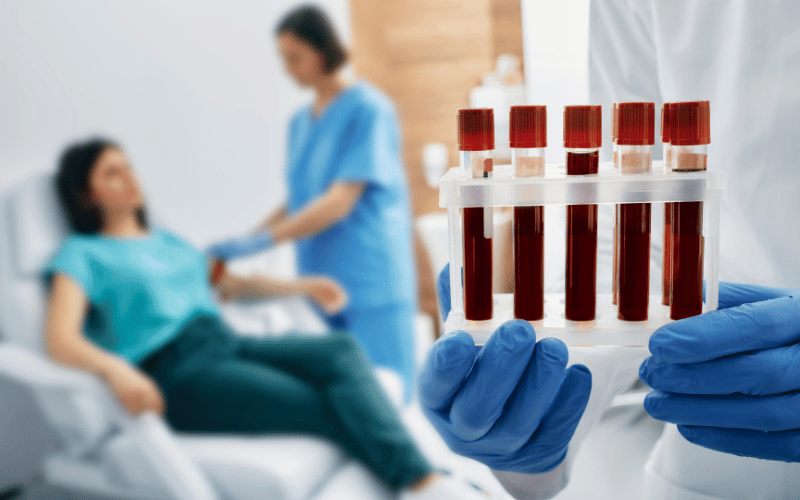Fact 5: Regular Health Screenings Are Key

The importance of regular health screenings in the context of Type 2 diabetes cannot be overstressed. These screenings act as an early warning system, uncovering potential health issues before they escalate into serious complications. By regularly monitoring key health indicators, individuals can stay ahead of the curve, adjusting their management plans in response to the slightest changes in their health status.
While blood sugar levels are a critical metric for people with diabetes, other screenings should not be overlooked. Regular HbA1c tests provide a three-month average blood sugar level, offering a broader picture of glucose control. Blood pressure checks, cholesterol panels, eye exams, and foot examinations are also integral to a comprehensive diabetes care routine, as they can reveal the onset of related complications such as heart disease, retinopathy, and neuropathy.
The frequency of these health screenings is not one-size-fits-all; it must be tailored to each individual’s unique health profile. Some may require more frequent monitoring due to a higher risk of complications, while others may do well with less frequent checks. Healthcare providers play a crucial role in determining the optimal screening intervals based on a range of factors, including age, duration of diabetes, current health status, and risk factors.
Regular screenings are a cornerstone of preventive care in diabetes management. They enable both patients and healthcare providers to take a proactive rather than reactive approach to health. This mindset shift is crucial for preventing complications and maintaining an excellent quality of life. Preventive care, including vaccinations like the flu shot and pneumonia vaccine, is also a vital component of regular health screenings.
To wrap up this fact, engaging in regular health screenings is a testament to the proactive management of Type 2 diabetes. It empowers individuals to take control of their health journey, foresee potential roadblocks, and navigate around them with the guidance of their healthcare team. This approach fosters a positive prognosis, turning what could be a treacherous path into a manageable journey with diabetes. (5)